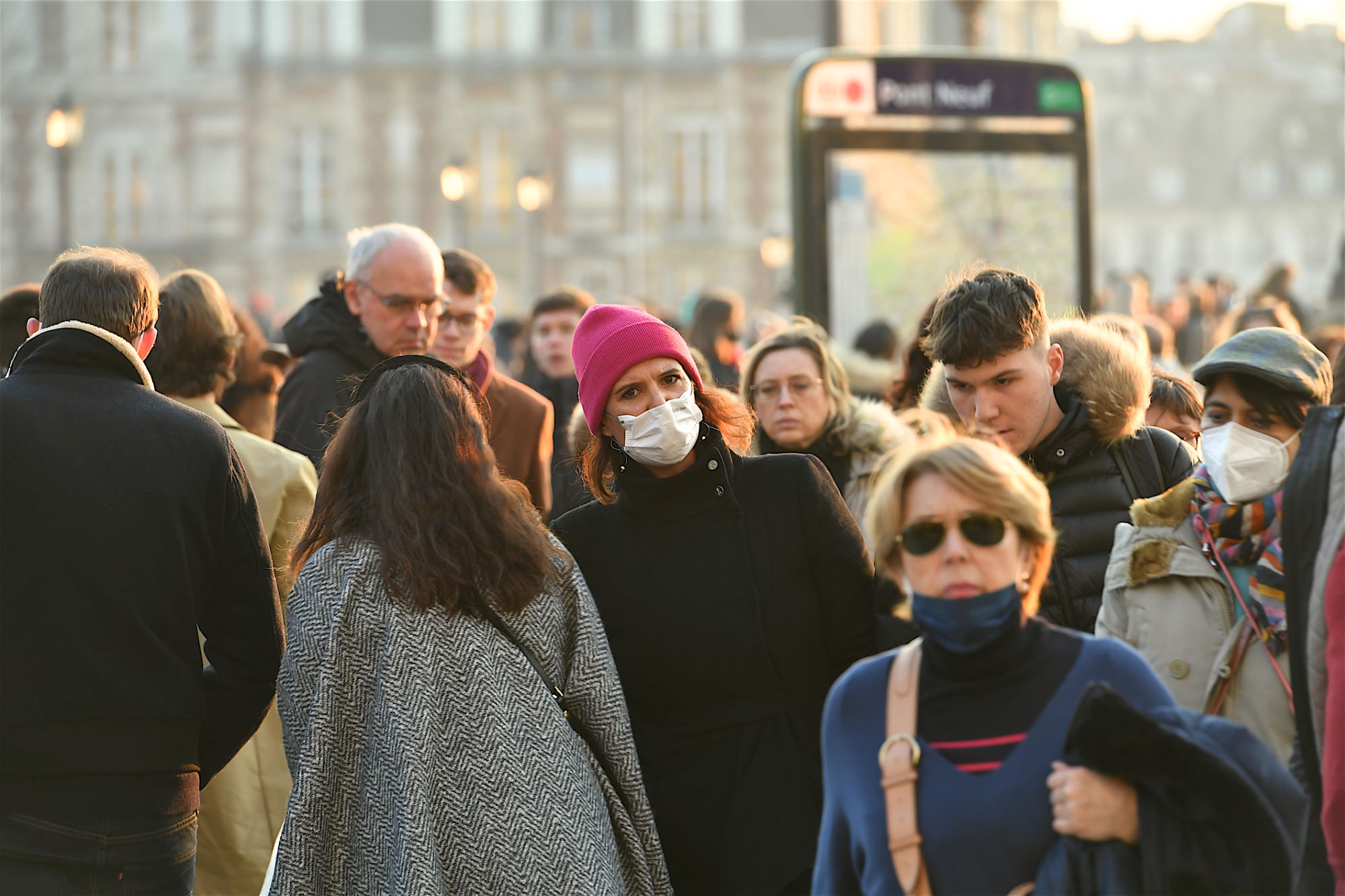Some of our current research
Our research is both theoretical and applied, and addresses many major social issues. We often take a life-cycle approach, using panel and birth-cohort data to link early-life events to later-life outcomes. Our research is also interdisciplinary, mixing Economics, Psychology and the Life Sciences. We aim to provide a better understanding of individual and societal well-being, and suggest policies.
Research projects
Some of our projects
Research in our research group covers the following topics and areas:
- Inequality, poverty, social exclusion;
- Economic insecurity;
- Individual well-being;
- Resilience;
- Epigenetic Ageing and development;
- Covid-19;
- Health.
-
Start date
01/09/2020
-
Duration in months
36
-
Funding
FNR
-
Project Team
Conchita D’Ambrosio
-
Partners
Jonathan Turner (Luxembourg Institute of Health); Andrew Clark (Paris School of Economics); Simone Ghislandi (Bocconi University); Martin Diewald (Bielefeld University)
-
Abstract
We propose an interdisciplinary approach to consider the effects of socio-economic factors and life events on ageing, where economics, sociology and health psychology meet biology and epigenetics. We focus on the most accurate age biomarker, the epigenetic clock, based on a key concept in epigenetics, DNA methylation, and how
this methylation changes with age. We relate epigenetic ageing to socioeconomic status and life events of both the individual and his/her mother. Epigenetic ageing is reversible, and can potentially be reversed by appropriate antiageing interventions. -
Link
-
Start date
01/04/2020
-
Duration in months
48
-
Funding
UL Funding
-
Project Team
Conchita D’Ambrosio; Alexandre Tkatchenko
-
Abstract
We propose to bring together machine learning approaches, physics-inspired descriptors, and the economics of wellbeing to address questions broadly related to predicting life satisfaction and health of individuals in a data-driven manner. In the context of improving individuals’ life, one is often faced with the question of ordering individual/societal parameters (i.e. health and wealth) in terms of their importance. Up to now, state-of-the-art approaches relied on linear regression with very low Pearson correlation coefficients (R^2=0.2-0.3). The main goal of this project is to apply modern nonlinear machine-learning techniques to data on individual and social wellbeing with the aim to: (1) understand the structure of the data and signal/noise ratio of many existing datasets, (2) go significantly beyond linear regression with kernel-based methods and neural networks to search for multi-property correlations, (3) assess different descriptors of individuals and metric definitions in ‘individual spaces’. To our knowledge, such fundamental ‘first-principles’ approaches to data analysis and nonlinear regression are only now starting to be applied to data on individual and social wellbeing, hence our project is timely and of potentially substantial impact.
-
Link
-
Start date
01/04/2020
-
Duration in months
60
-
Funding
University of Luxembourg; FNR; André Losch Fondation; Art2Cure; Cargolux; CINVEN Foundation and COVID-19 Foundation, under the aegis of the Fondation de Luxembourg.
-
Project Team
Conchita D’Ambrosio; Claus Vögele; Anna E. Kornadt; Anthony Lepinteur
-
Partners
Giorgia Menta (LISER); Andrew Clark (Paris School of Economics);
-
Abstract
The COVID-19 pandemic has changed our world. The experiences we have had since the onset of the pandemic have affected us in many ways. The pandemic killed, but has also had a profound impact on the organization of employment and work, our behaviour, social dynamics and mental health. These effects have not been equal, being felt by some groups and societies much more than others.
We are currently conducting a number of research projects on various aspects of the coronavirus pandemic and individuals’ transitions to the new normal.
